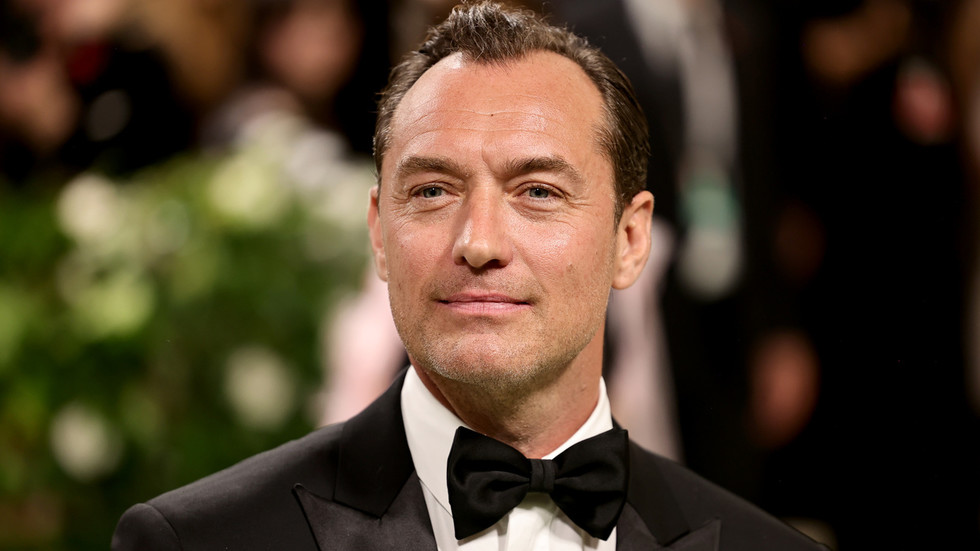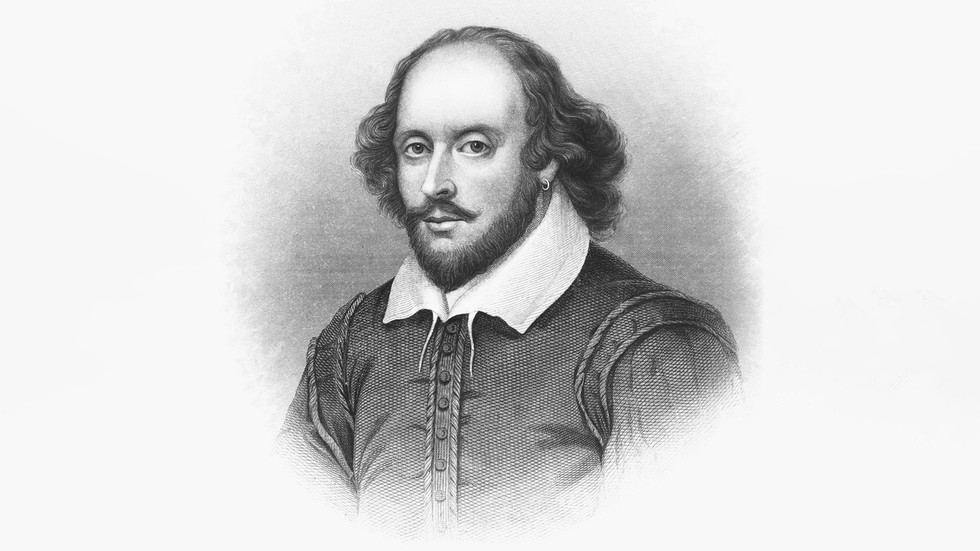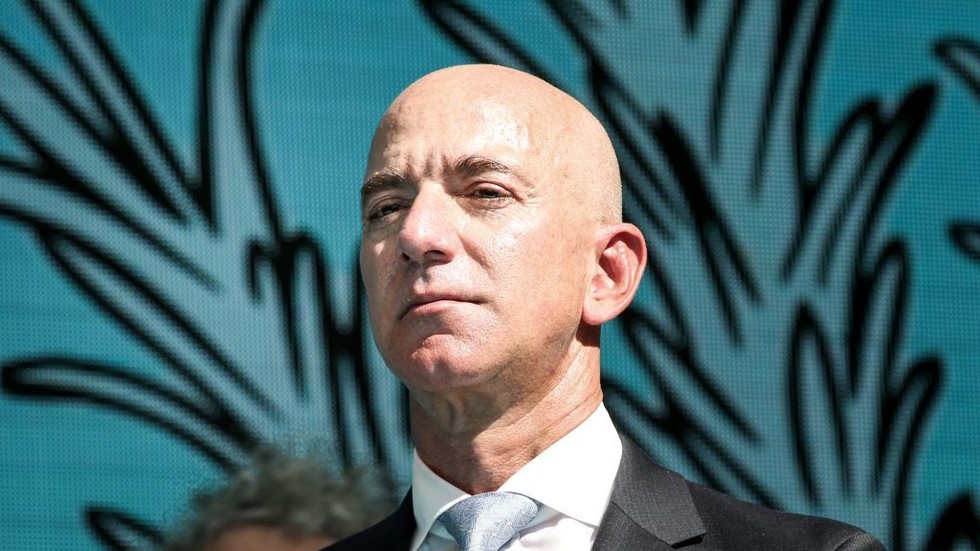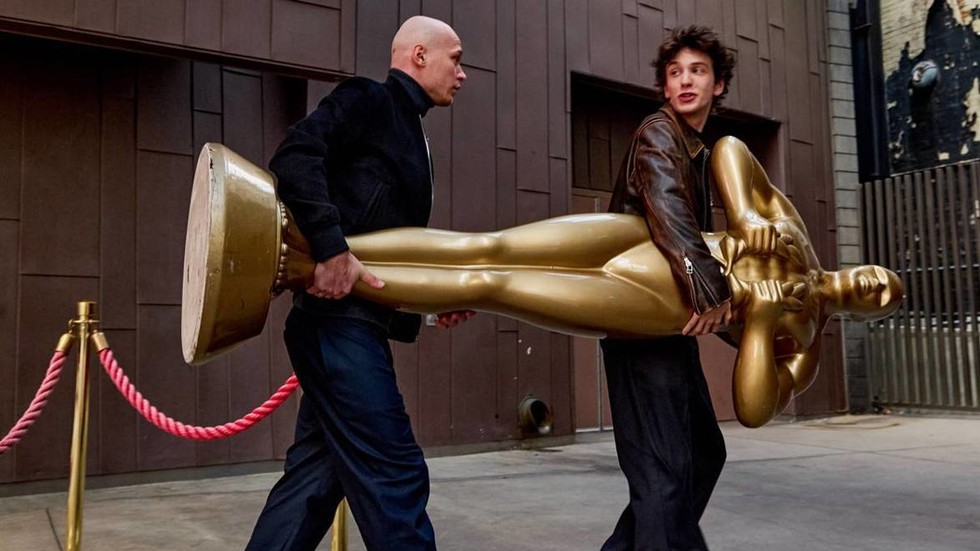A coalition of Canadian news media corporations has filed a lawsuit against OpenAI, alleging that the creator of ChatGPT breached copyright and online terms of use to train its artificial intelligence models.
The suit, filed in the Ontario Superior Court of Justice on Friday, marks the latest in a series of legal actions against OpenAI over the use of data and news materials to train AI systems.
The lawsuit seeks punitive damages from the AI developer, as well as payment of any profits that it managed to make from using news articles published by the media outlets. Moreover, the plaintiffs are looking for a legal ruling that would ban OpenAI from using their news articles in the future.
“OpenAI regularly breaches copyright and online terms of use by scraping large swaths of content from Canadian media to help develop its products, such as ChatGPT,” Torstar, Postmedia, The Globe and Mail, The Canadian Press, and CBC/Radio-Canada said in a joint statement.
They emphasized that the company was doing this without getting permission or providing compensation to content owners.
“Journalism is in the public interest. OpenAI using other companies’ journalism for their own commercial gain is not. It’s illegal,” the plaintiffs concluded.
The lawsuit is latest among similar legal challenges that the AI developer has faced over the past years. Last December, the New York Times filed a federal lawsuit against OpenAI and Microsoft, alleging copyright infringement.
Earlier this year, US billionaire Elon Musk took the company to court over an alleged breach of its original mission to develop AI technology not for profit but for the benefit of humanity. Two weeks ago, the lawsuit was expanded after the tech entrepreneur added OpenAI’s largest financial backer, Microsoft, as a defendant, and accused both of monopolizing the market for generative artificial intelligence and sidelining competitors.

 3 months ago
34
3 months ago
34







 We deliver critical software at unparalleled value and speed to help your business thrive
We deliver critical software at unparalleled value and speed to help your business thrive






 English (US) ·
English (US) ·